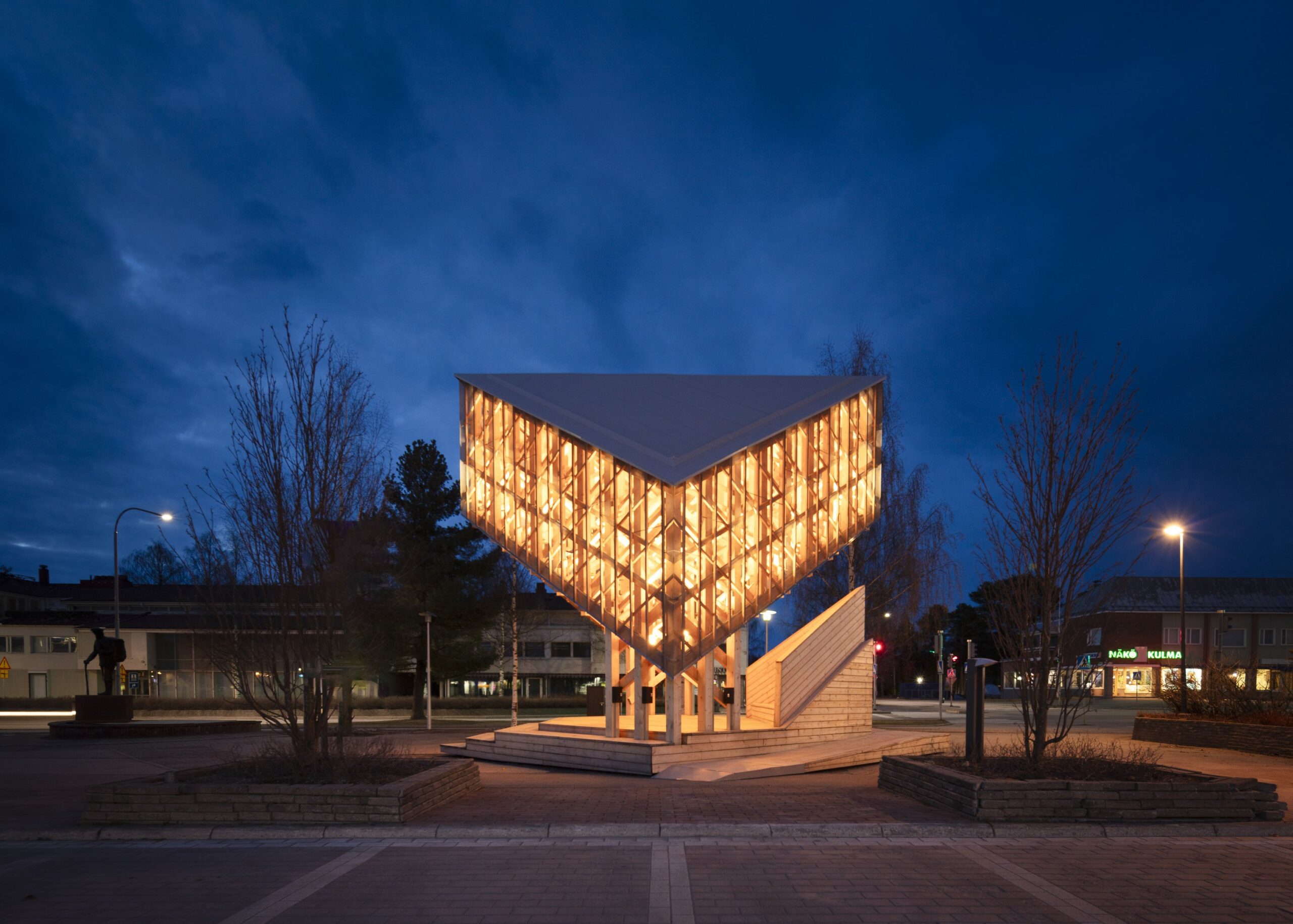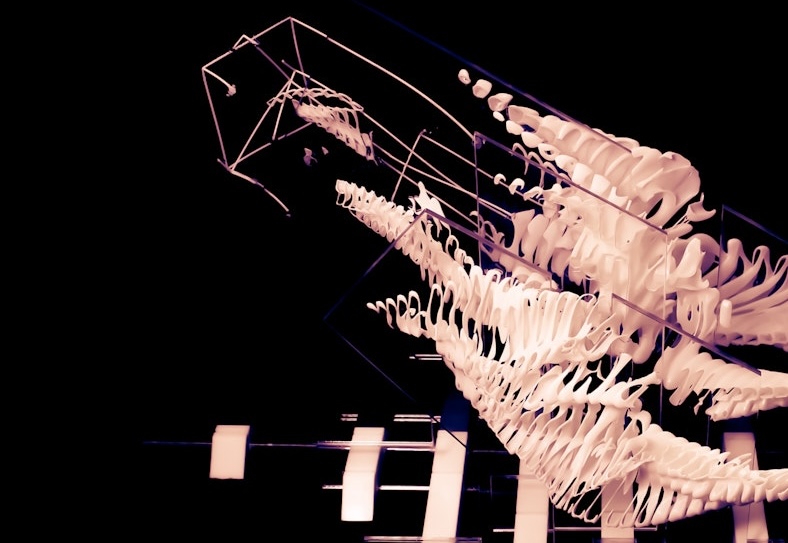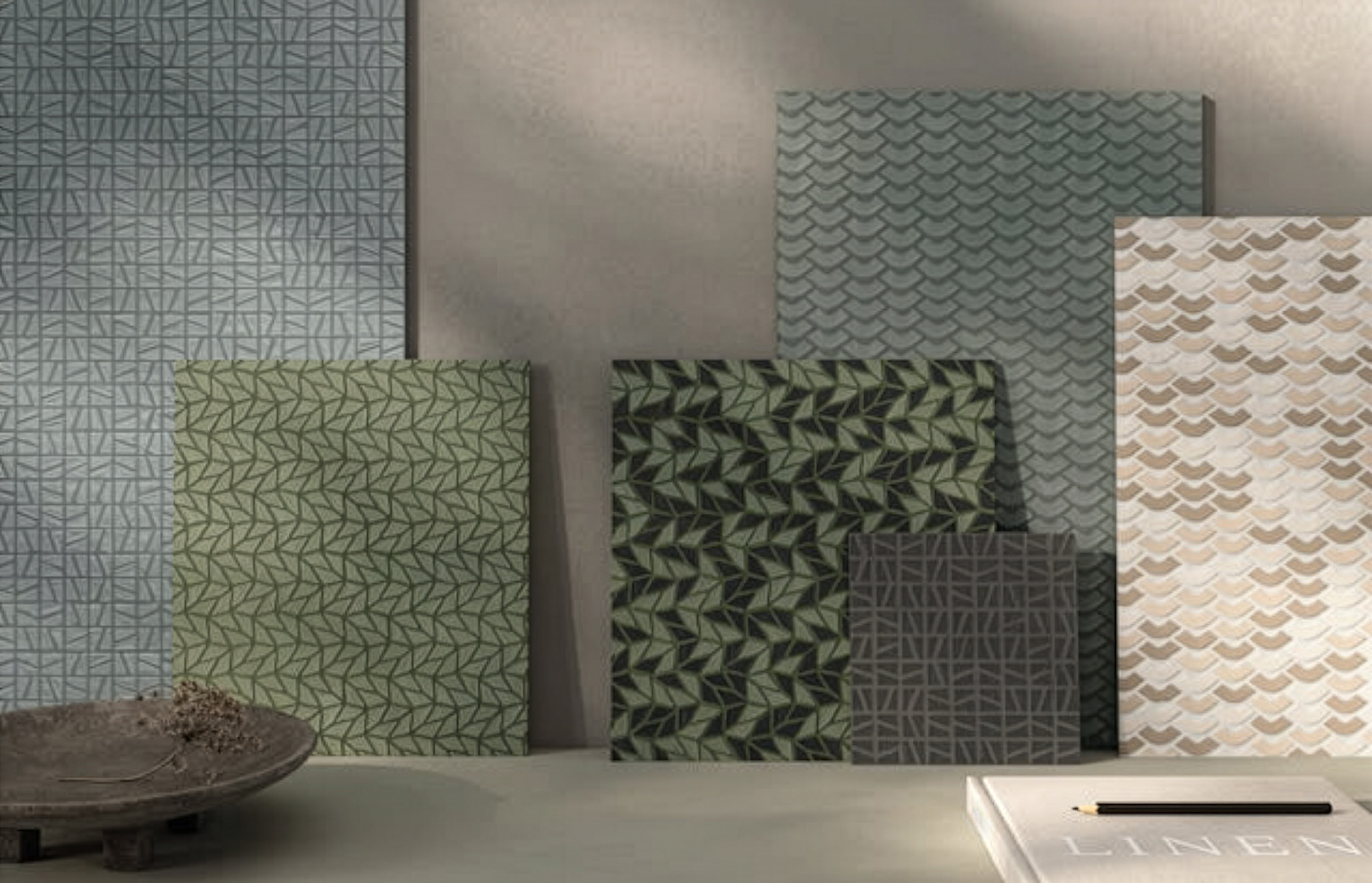Suri 2.0 brings new features to bioplastic electric toothbrush


Oral care company Suri has made its first update to its electric toothbrush, known for its sustainable approach with bioplastic brush heads recycled through a takeback scheme.
Suri 2.0 features an added pressure sensor, a quieter and more powerful sonic motor, and wireless induction charging – a rare feat in a product with a metal body such as Suri's aluminium one.
There are also redesigned accessories, including a more rounded travel case that can now carry out its UV-C disinfection function without being plugged in, and a pebble-sized induction charging stand designed for "countertop appeal".

Suri launched its electric toothbrush in 2022 and won the Dezeen Awards public vote in the product design category in the same year.
Suri co-founders Mark Rushmore and Gyve Safavi told Dezeen that they wanted to undertake a redesign now to fold in the feedback from over 12,000 reviews they have received from customers.
"This is the culmination of taking all the feedback we have received over the last couple of years, which has enabled us to redesign an all-round better brush," said Rushmore. "We've kept what's great about it already, and added those additional elements."

The Suri 2.0's wireless induction charging addresses one of the weaknesses of the first toothbrush – the charging pins on its base, which some customers reported problems with as the item aged.
The British company wanted to replace these with a more durable, future-forward solution, but adding induction charging, given the product's aluminium body, was a challenge.
"Induction charging in a metal body is notoriously tough – metal disrupts the magnetic field, can cause inefficiency and heat – that's why most oral care brands default to plastic," said Suri innovation director Seb Wetherall.

Similarly, smartphones with wireless charging either have backs made of glass or plastic. Suri was determined to keep its slim, recyclable aluminium body, so instead it developed a solution involving software that regulates the voltage and non-conductive metals.
"Our team re-engineered the coil, power management and firmware to make wireless charging work seamlessly in the same sleek form factor," said Weatherall. "The result is a fast-charging, large battery and a body that stays slim and refined."
Without the previous charging pins, the bottom of the Suri 2.0 is now smooth and seamless. It is the only difference in the toothbrush's outward appearance, with Safavi saying that the company had received no negative feedback on it and that they did not want to make changes unnecessarily.
Inside, the updates include an advanced sonic motor with a higher amplitude – which refers to the distance covered by the toothbrush bristles during a vibration cycle – and a lower noise level of 50 decibels.
Suri's next move will be the launch of new products made from the recycling of their brush heads. These heads are made from cornstarch- and castor oil-based bioplastics, and the founders say they have collected well in excess of 500 kilograms of them, with a high return rate of over 30 per cent that is ever growing.
Plenty of these have already been funnelled into new commercial products by the company's recycling partner, but Suri has kept back some of the ground plastic flakes to experiment with in-house.

The team have found that it is possible to make them into new heads with a high proportion of recycled content, but Safavi said that they would first have to overcome a "consumer barrier" – where some customers feel disgust at using a toothbrush head "made out of other ones that have been in people's mouths" – before bringing them to market.
In the meantime, they are exploring other products.
While toothbrushes may be an everyday item that many people don't closely consider, a reimagined product in this category was also shortlisted in the Dezeen Awards in the following year to Suri.
{Access}ories is an adaptive toothbrush add-on that helps people with dexterity challenges brush their teeth.
The post Suri 2.0 brings new features to bioplastic electric toothbrush appeared first on Dezeen.




















































